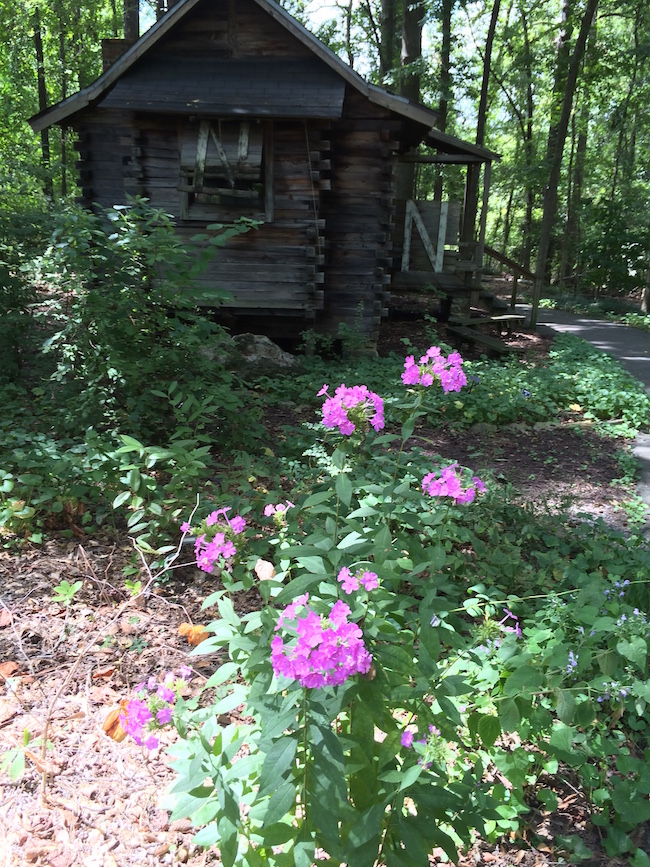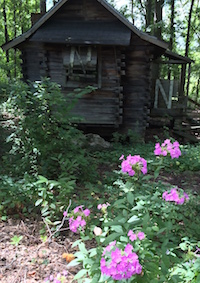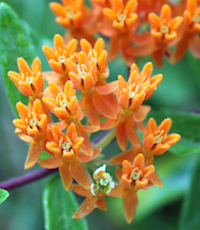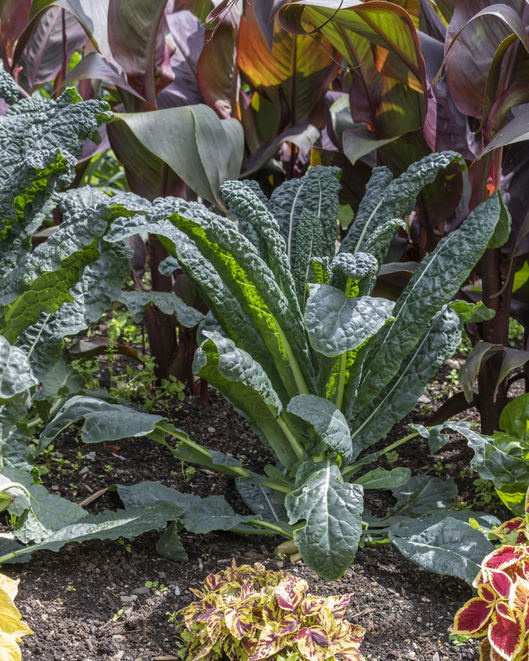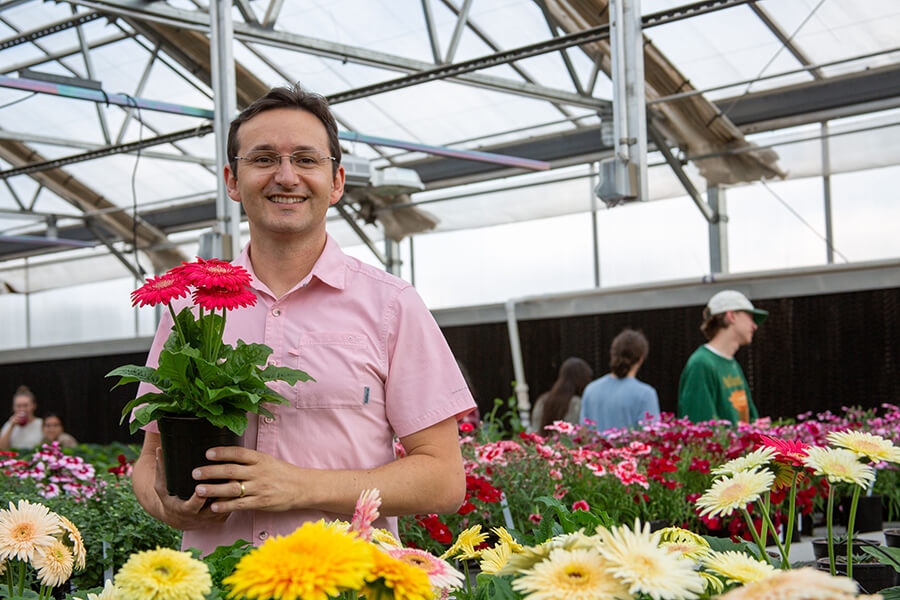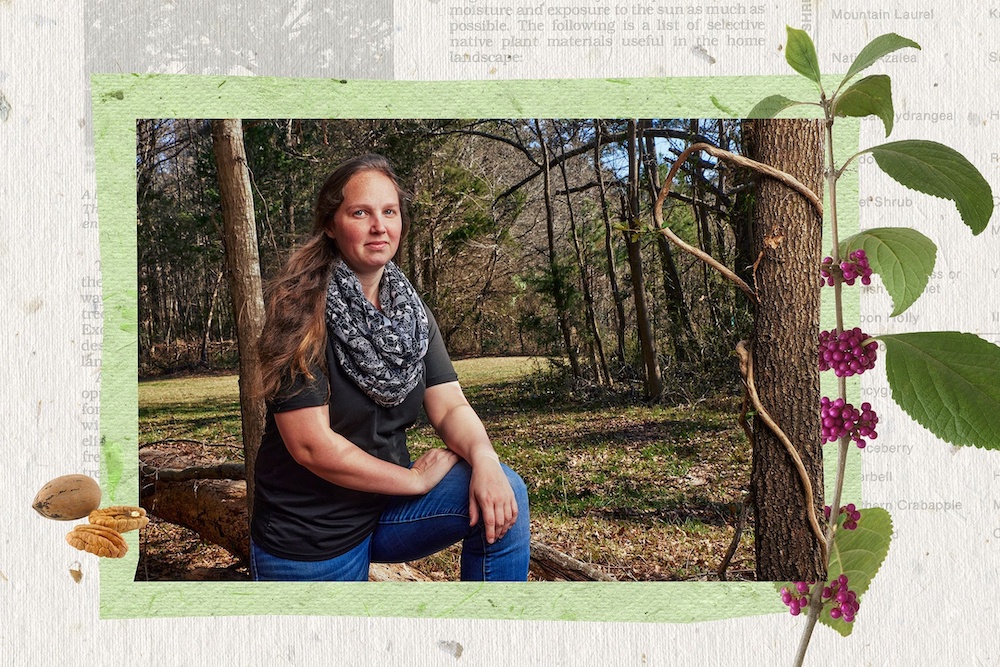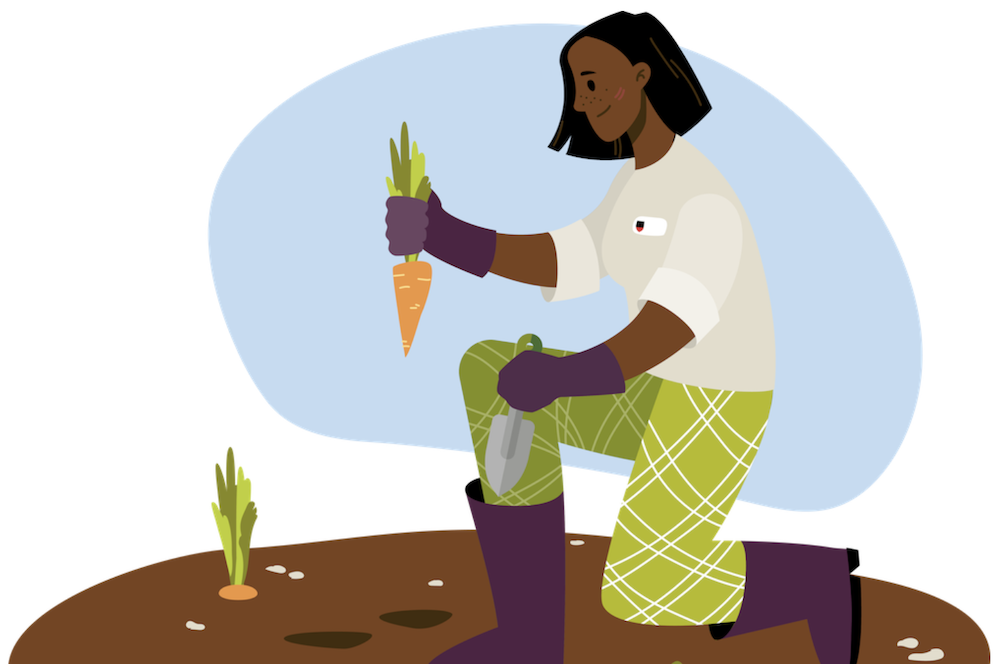Native plant gardens reduce the use of inputs like pesticides and fertilizer, positively impacting the environment. Native plants also provide food and habitats for a variety of native wildlife.
One Macon, Georgia, garden evolved from a research garden to a native plant demonstration garden run by the Georgia Master Gardener Extension Volunteer Program, part of University of Georgia Cooperative Extension.
This garden was established in the 1990s as a variety trial garden on the campus of Wesleyan College. When the trial ended, Master Gardeners repurposed the garden into a demonstration garden using native plant materials. When construction started on the college campus, the Master Gardeners relocated as many of the plants as possible from the full-sun demonstration garden area to a shaded area at Macon’s Museum of Arts and Sciences.
The process took a year, but the hard work and diligent efforts of the Master Gardeners paid off. Central Georgia Master Gardeners from Bibb, Houston, Twiggs, and Crawford counties worked tirelessly to lay out, label and map the garden beds; provide appropriate, informative signage; and address the natural landscape challenges of the new location, like shade from surrounding trees and erosion of the sloping landscape during heavy rainfall.
The installation of shade-tolerant native plants, undergrowth plantings to prevent erosion and a small retention pond to catch rainwater have played vital roles in ensuring the establishment and success of the garden, now the “Native Plant Garden,” on the museum grounds. Today, the garden thrives in its new location.
The garden is open to the public and museum visitors. Surrounded by walking trails, it is an ideal educational opportunity and is frequently part of tours for numerous school groups. The garden is used by the resident naturalists and educators at the museum, and is used to teach youth about ethnobotany, or knowledge about native plants by indigenous cultures. The walking trails are often teeming with adults, children and pets.
In 2013, the garden received the Native Landscape Award at the South Georgia Native Plant and Wildflower Symposium.
To explore the Native Plant Garden, visit the Museum of Arts and Sciences located at 4182 Forsyth Road in Macon. For more information about Georgia’s native plants, visit the Georgia Native Plant Society online at gnps.org.
For information on how to plant a native garden, read the “Native Plants for Georgia” publication series on the UGA Extension publication website at extension.uga.edu/publications.

